
How Google's AI Overviews Impact SEO in 2025
How Google's AI Overviews Impact SEO in 2025
There has been a huge change in Google search in 2025. One of the major updates integrates AI Overviews, a feature that leverages AI to provide users with quick and direct answers. While this is super beneficial for the end user, it really hurts the way businesses and websites approach SEO.
In this blog post, we shall discuss what AI Overviews are, the processes behind them, and, most importantly, the implications for SEO strategies in 2025. This guide will definitely keep you ahead of others in terms of search rankings if you are a business owner, marketer, or content creator.
🧠 What Are Google AI Overviews?
Google AI Overviews were initially rolled out as a part of the Search Generative Experience (SGE). It uses generative AI to collect and combine information from multiple web sources and present a summarized response to the user's query on the search result page.
Unlike websites with their usual top 10 blue links, Google now provides a smart summary on the topic in a box. Very often, users may not even click on the website anymore.
🔍 Why AI Overviews Matter for SEO
It is a paradigm shift. It is a change in the way users interact with search results, which affects:
• Organic traffic (fewer clicks to websites)
• Keyword strategies (AI knows topics in the best sense, not keywords)
• Content structure (Google prefers content that is clear, trusted, and well-structured)
Let us further pursue that thought.
📉 1. Clicks fall, Visibility rises
Thanks to AI Overviews, users get answers to their queries without clicking a single result. So, it has led fewer visits to websites for some queries, mainly for informational searches like the one below:
• How to lose weight fast?
• Best time to post on Instagram
• Symptoms of vitamin D deficiency
However, if your website is one of those mentioned in the sources used by AI, the brand visibility increases. At times, users may see the name of your brand or the title of your page featured in the AI summary, but they usually don't click.
💡 Tip: Work on branding and topical authority so that when Google pulls sites, yours are considered credible.
📘 2. EEAT Becomes More Crucial
Google now considers EEAT (Experience, Expertise, Authoritativeness, Trustworthiness) as one of the factors for showing content in an AI Overview. In 2025, this would only become more important.
If your content:
- Is based upon real experience
- Is created or at least reviewed by experts
- Has links coming from trusted sources
- Contains an author biography, address, and a privacy policy
Then it has an increased probability of being displayed.
💡 Tip:
Attach author bios, references, and examples from the real world to your blogs. This way, Google will consider your content reliable.
🧱 3. Structured Content Takes The Cake
AI Overview needs well-structured content to create an accurate summary. That means it needs:
- Headings (H1, H2, H3...)
- Bullet points
- Short paragraphs
- FAQs
Google's AI has an easier time extracting relevant info from well-structured content.
💡 Tip:
Answer clearly and concisely. Use headings like "What is..." or "How to..." to let Google know what a particular section contains.
🔑 4. Topic Clusters Now Winning Over Individual Keywords
Google’s AI can now identify topics better than it can keywords. So simply stuffing your page with the same phrase multiple times will not gain any ground.
Instead, one must put together a topic cluster wherein:
• A main page is written on a topic (e.g., "SEO in 2025")
• Related subtopics are linked (e.g., "EEAT in SEO," "Voice Search Optimization," etc.)
This builds topical authority, where AI Overviews can use your content more often.
💡 Tip:
Use words related semantically rather than exactly matching keywords. Tools like Google’s NLP API or SurferSEO may assist.
📱 5. Mobile Optimization Still Matters
People mainly search on mobile nowadays. Google’s AI Overviews are meant to be fast, efficient, and mobile-friendly.
Your site should:
• Quickly load
• Cleanly look on mobile
• Do not have any pop-ups that block the content
If Google is not able to crawl or understand your mobile site in a hurry, then you shall.
📊 6. Focus on User Intent Instead of Ranking
Google AI Overviews answer questions based on user intent. Hence, content that satisfies the true being of a query will definitely rank better.
For example:
Instead of writing a blog titled: "SEO Tips 2025"
Try: "How to Improve SEO in 2025 With AI Tools"
It targets what the users are trying to solve.
💡 Tip:
Begin a piece of content with a clear-cut answer before going into further details. Follow the inverted pyramid method (i.e., most important information goes first).
🚀 How to Optimize for Google's AI Overviews in 2025
Here is a brief checklist:
✅ Make sure headings are clean and paragraphs short
✅ Create FAQ sections
✅ Show author credibility and real experience
✅ Cite trustworthy sources
✅ Apply schema markup (e.g., FAQ, Article, HowTo)
✅ Go after topics, not keywords
✅ Speed up your site and make it mobile-friendly
📈 Final Thoughts
Google's AI Overviews are changing how we look at SEO for 2025. While it may reduce clicks for some queries, it does reward content that is high-quality, useful, and trustworthy.
Don't chase search engine tricks; earn authority and create real value. Once Google trusts your content, sometimes it will feature it above even that of your competitors.
🙋♂️ FAQs
❓Will AI Overviews kill SEO?
No, but they are changing it. Old-school SEO is being reinvented. Yet quality, experience, and trust come at the forefront, rather than mere keyword ranking.
❓Are small websites still able to rank in 2025?
Yes! If your content is strong, has focus, and exudes genuine expertise, then you're competing with those big guys out there.
❓How can I track if my content is used in AI Overviews?
Tools like Google Search Console, Ahrefs, and SEOTesting.com are building support for tracking visibility in AI features.

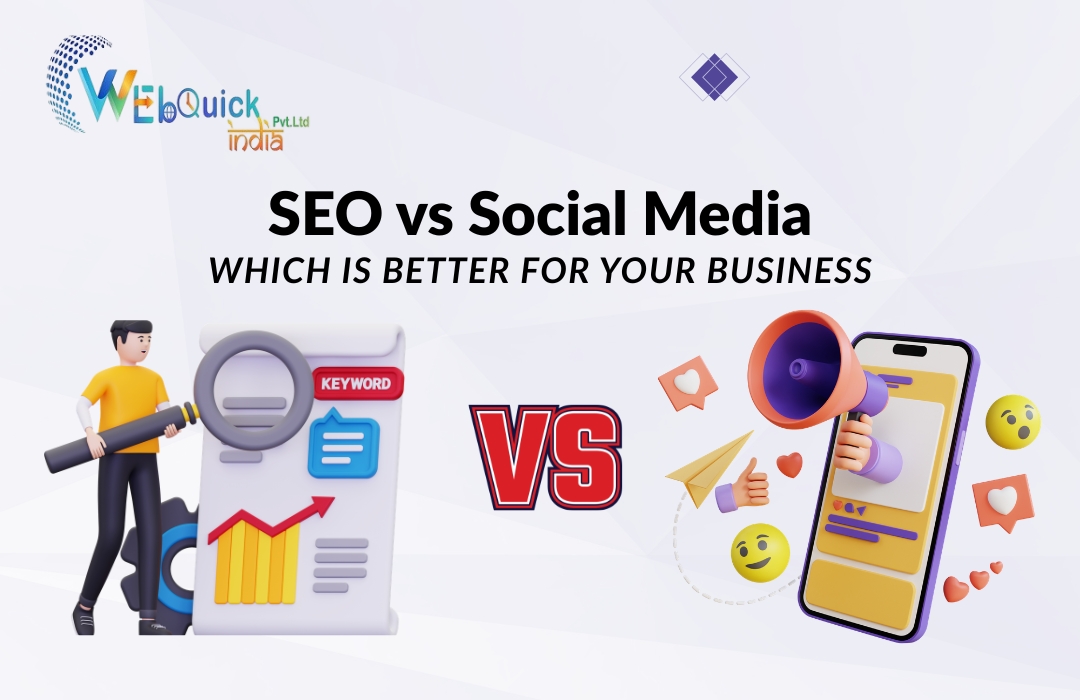


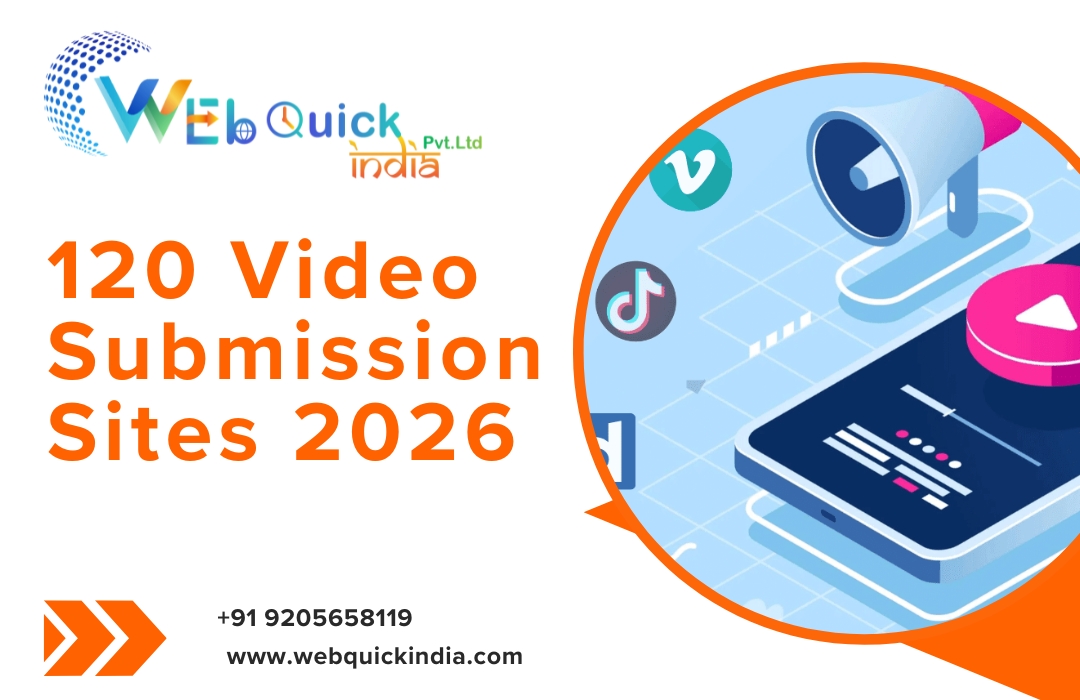

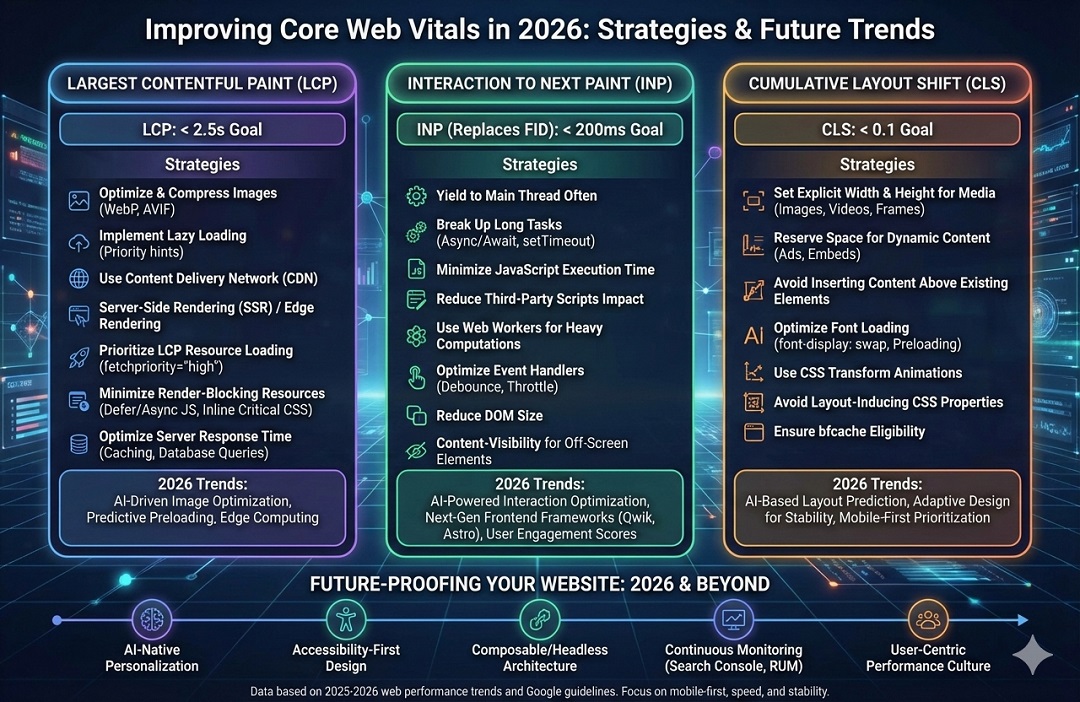
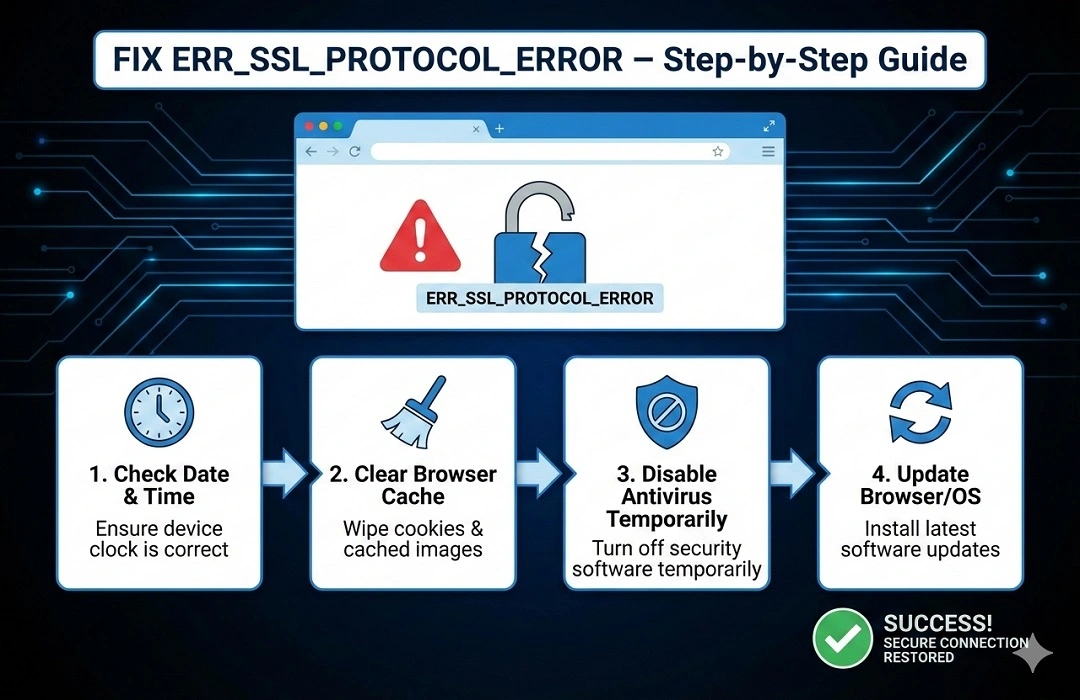
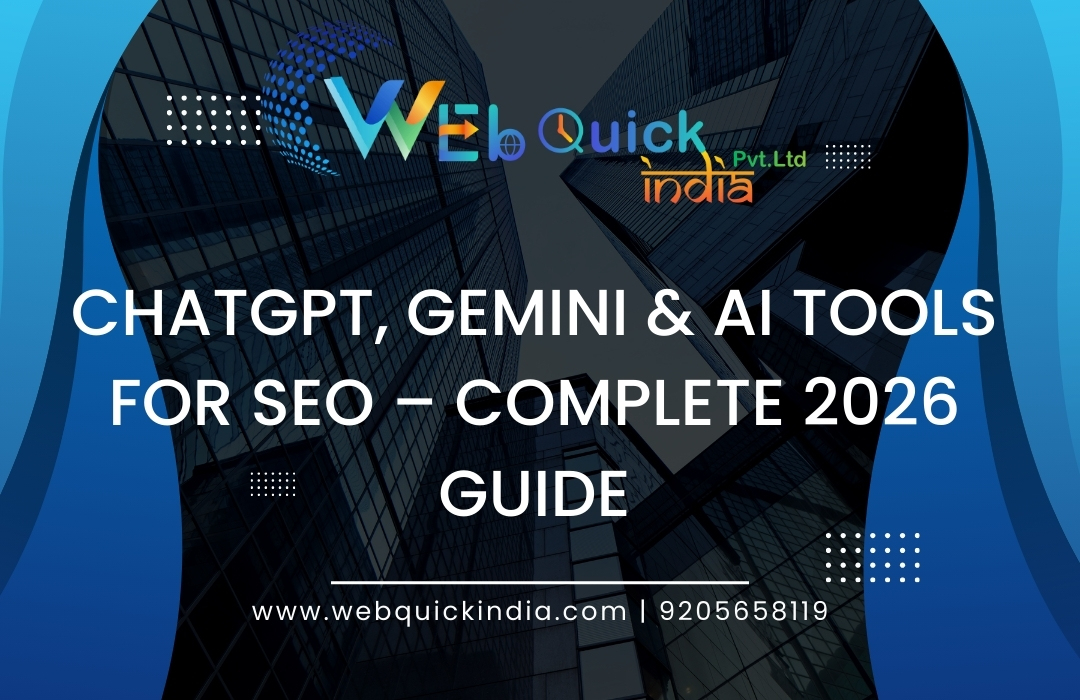
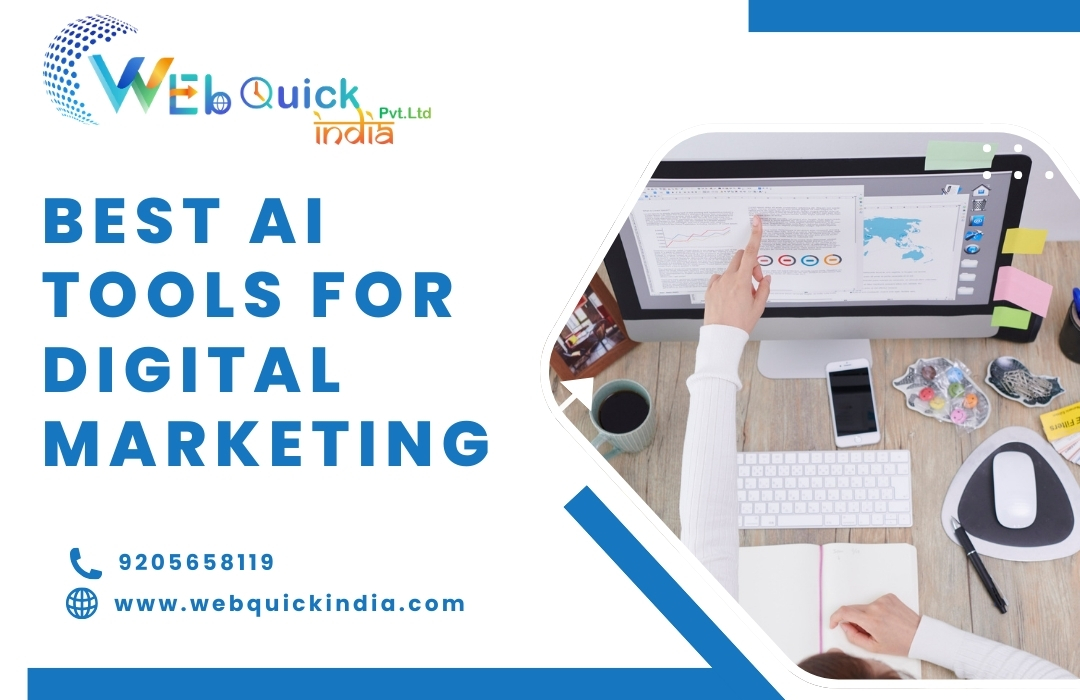


 How It works
How It works



